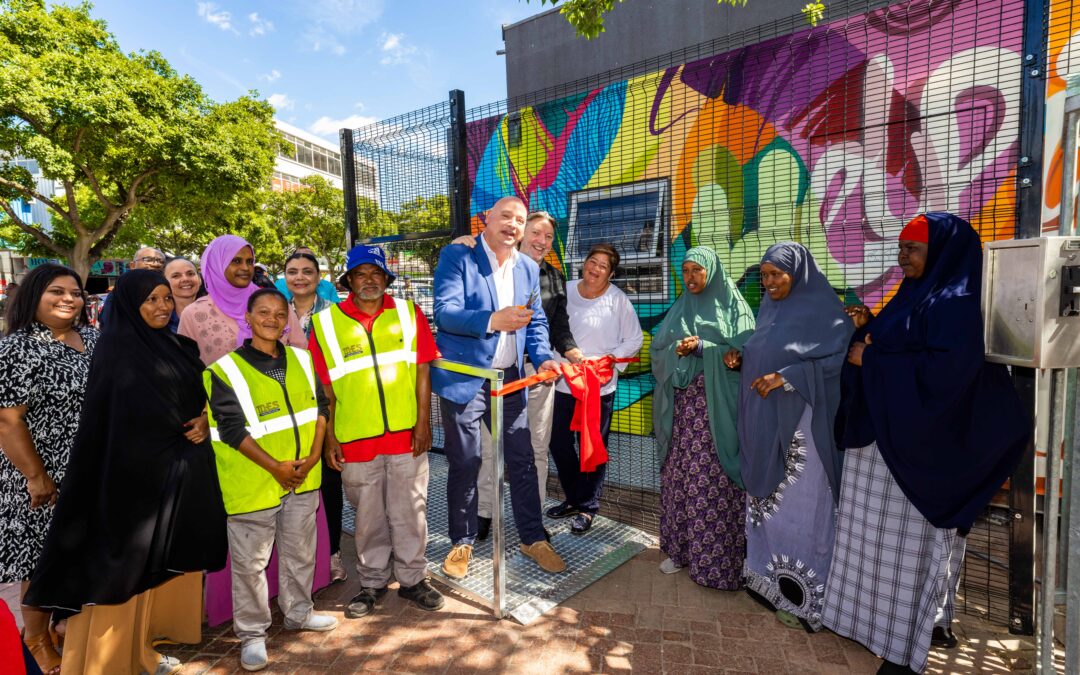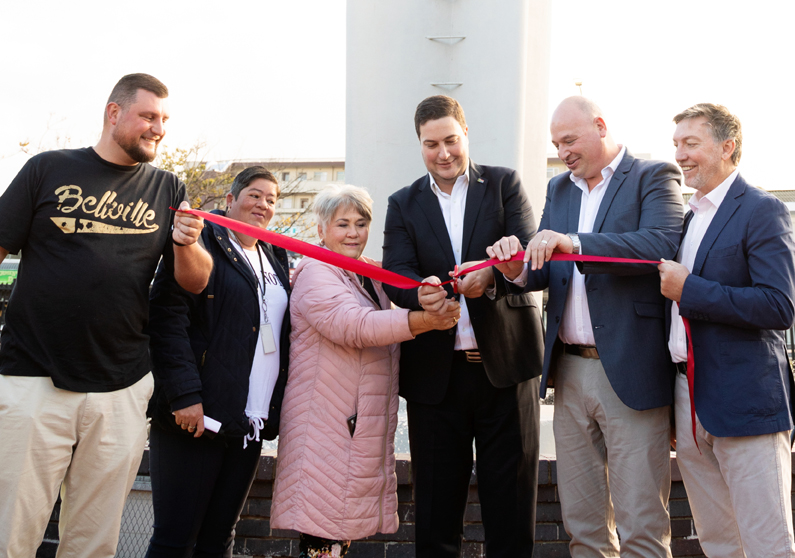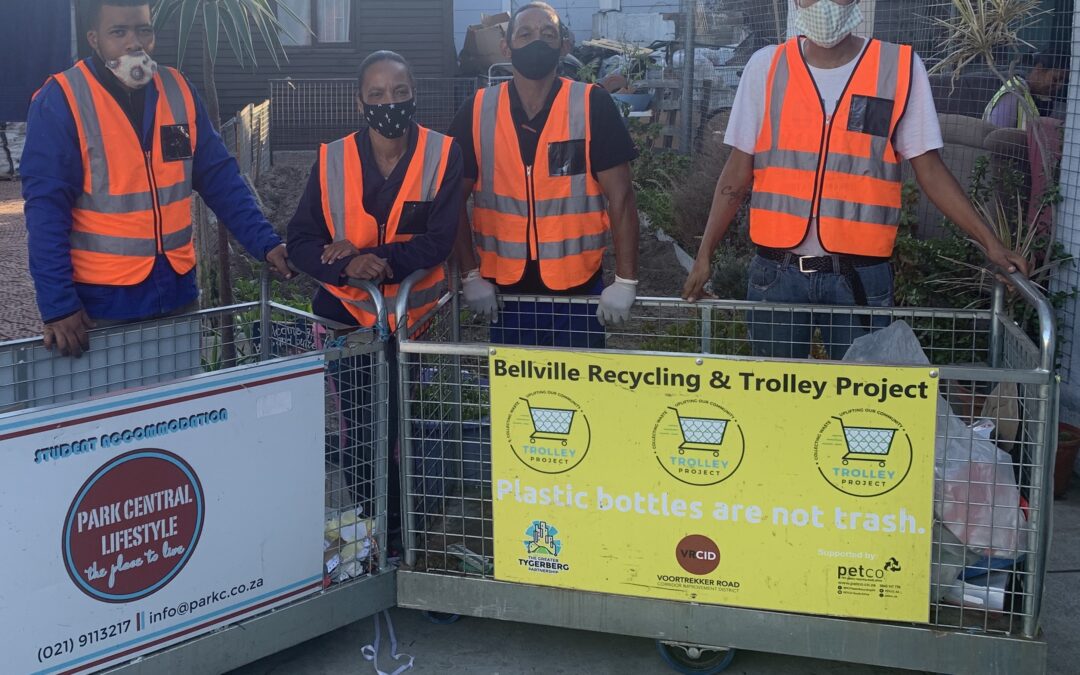IDA CONFERENCE 2020: DAY 1 TRANSFORMATIVE PLACEMAKING
“This year has changed everything for everyone.” – David Downey, President and Chief Executive Officer, International Downtown Association.
This summed up the theme of most of the presentations we saw at the first day of the International Downtown Association’s 66th Annual Conference and Marketplace. As if to drive home the point, the entire conference this year is happening online.
Themed Forward Together, the conference this year focuses on how cities can transition, tansform and rebuild in the wake of the COVID pandemic.
These changes were summarised in the opening session of the conference. Jennifer Vey, Senior Fellow and Director at the Brookings Institution focused on the changing relationships between place and economy. In other words, the way we live changes our relationship with where we live.
The relationship is evolving, and factors such as technology and demographics are having a direct impact of the make-up of our cities. The digital revolution, in part accelerated by the COVID pandemic, is impacting on the way we work, with the demand for collaborative working, the sharing economy, the growth of online commerce and flexible working arrangements.
At the same time, we’re seeing a demographic revolution in cities, in which a more diversified population and changing households are shifting the way people want to live, work and play in walkable, vibrant communities. This in turn has an impact on rental premiums, but also on the social, health and environmental lifestyles in cities.
Relevant to Bellville’s place as a university city, more densely populated areas are experiencing a revival, attracting greater innovation and greater economic activity. Brookings research has shown that the economic performance of denser downtowns with universities are outpacing university centres in outlying areas. This highlights the possibility that the knowledge economy can leave people behind, says Vey, referring to the trend towards ‘superstar metros’ that are attracting the lion’s share of jobs and leaving lower income areas lagging behind in economic growth.
This trend leads to the need for transformative placemaking, or the practice of making “transformative place investments that generate widespread social and economic benefits.”
Vey describes two components that set apart this approach to placemaking: “First, the scope of investments creates high quality places but also support regionally significant broad-based and locally-led prosperity. Second, the scale of investments prioritises hubs or districts where economic, physical and civic assets cluster and connect.”
An integrated approach to transformative placemaking considers the intersections between the economic ecosystem, the built environment, the social environment and the civic infrastructure. In short: it’s a holistic approach to making investments that considers every aspect of life in a city – how can the built environment stimulate increased economic activity? How can public spaces be designed so that people feel they have more ownership of those spaces? And how can strong government structures enable communities to design strategies that meet their needs directly?
To achieve this transformation, leaders need new knowledge about asset clustering that underpin the creation of distinct hubs to inform the creation of land use, infrastructure and economic development policies to support the hubs. The third component is to develop tools and practices that allow communities to create economically dynamic, vibrant and equitable ownership that support their needs and to build resilience in the face of rapid change.
Vey concluded with a strong message: “This is the work we all need to do together.”
The GTP seeks to drive this kind of collaborative programming, to build a vibrant, resilient Bellville. The GTP is a convenor, a facilitator and a driver of change for Bellville. We connect people, places and partners with opportunities to build a more resilient, more sustainable city centre for the benefit of all who live, work and play there.
The Sha’p Left Community Healthcare Hub is an example of that. Initiated by the GTP, sponsored by the Cipla Foundation and enabled by the City of Cape Town, the Healthcare Hub was established to enable the community of Bellville to access affordable healthcare in the CBD. The centre was awarded a Pinnacle Award by the IDA in the annual Achievement Awards series. GTP CEO Warren Hewitt presented an overview of the project on the opening night of the conference.
For more on the presentation and on the project, get in touch.





